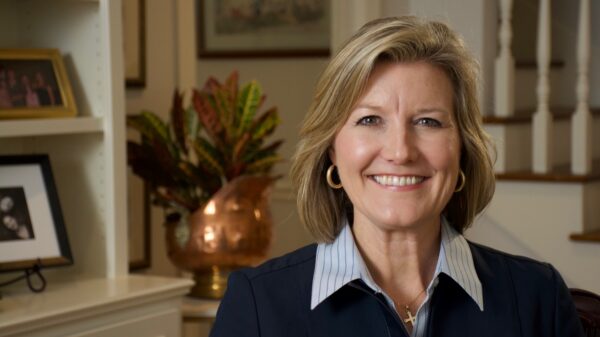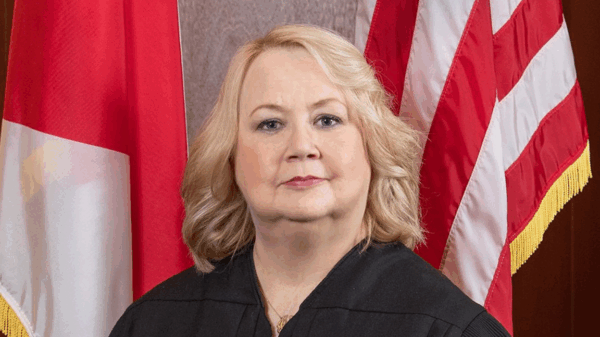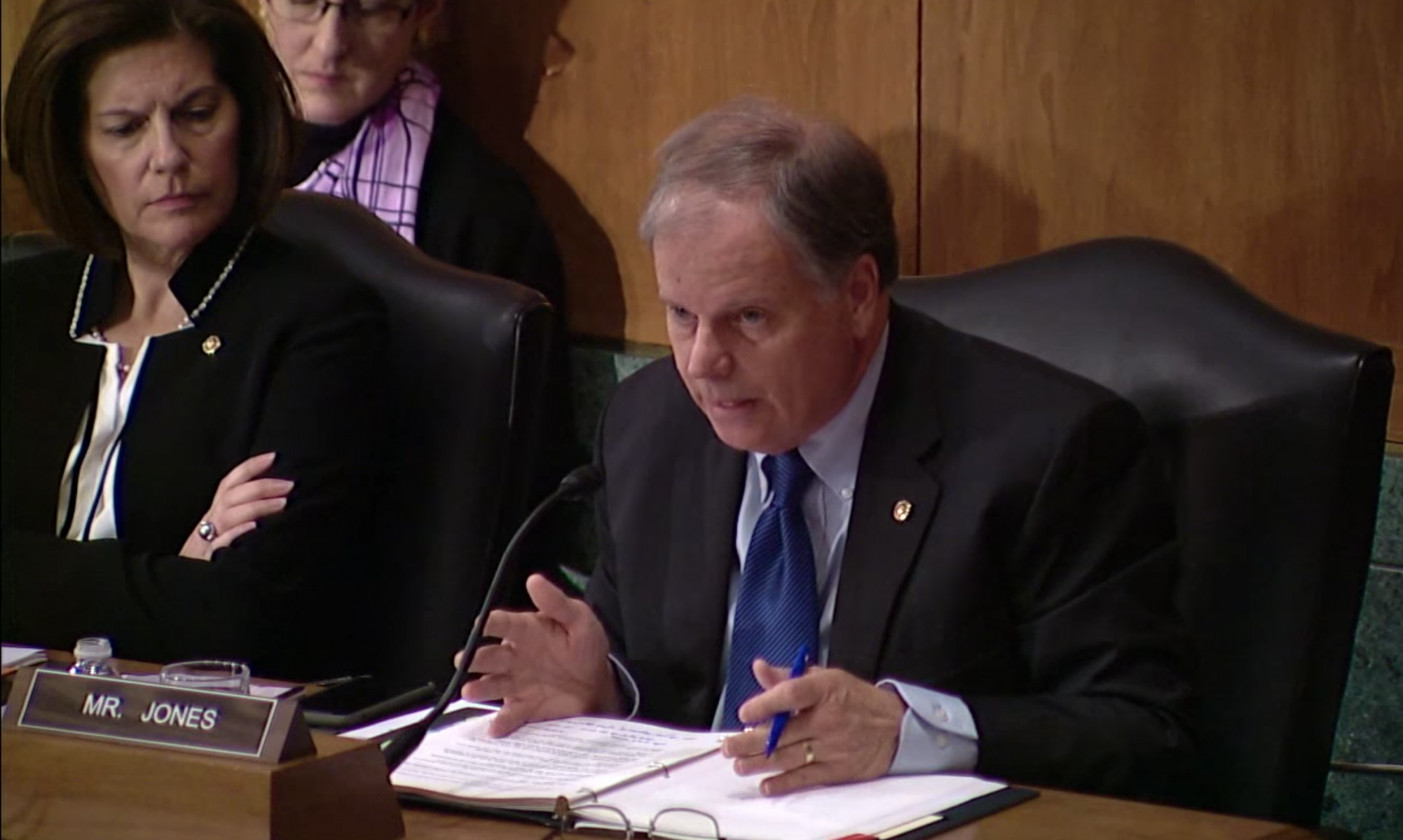U.S. Senator Doug Jones, D-Alabama, led a letter to over 100 key stakeholders nationwide to solicit feedback that can help improve federal policies for student borrowers of color and make access to higher education more equitable.
Stakeholders receiving the letter included experts in education policy and leaders in business, advocacy, academia, civil rights, consumer protection, and women’s issues. Senators Catherine Cortez-Masto (D-New Mexico), Kamala Harris (D-California), and Elizabeth Warren (D-Massachusetts) co-signed the letter.
The senators wrote, “Students of color are more likely to borrow, borrow in greater amounts, and are less likely to be able to pay down their debt than their white peers – even if they graduate. This disproportionate debt burden can cause significant financial distress and affect their ability to build their path to the middle class, a key goal of the federal financial aid investment.”
“African-American and Latino students still owe more than 100 percent of their loan balance after 12 years of college entry, even if they complete a degree,” Jones and the other Senators and stakeholders wrote. “White students, meanwhile, owe anywhere between 47 to 70 percent of their loan balance depending on the credential they obtained. Even among bachelor’s degree graduates, the African-American-white debt gap more than triples after graduation, due to differences in interest accrual, graduate school borrowing, and ongoing deeper issues related to labor market discrimination, racialized economic hardships, and familial wealth.”
“These outcomes are staggering and unacceptable,” the letter continued. “As members of Congress, we are committed to doing better for these students and ask for your assistance in defining specific proposals the federal government can take to address these disparities.”
Senator Jones is hosting an HBCU Summit in Birmingham on February 1 to discuss this issue and others impacting Historically Black Colleges and Universities (HBCUs). The Summit will provide a forum for students, educators, and administrators to exchange information and ideas to strengthen these educational institutions.
Senator Jones supported securing a 14-percent increase in federal resources for HBCUs in the March 2018 omnibus spending bill and introducing legislation to permanently extend and increase federal funding for MSIs.
Doug Jones is a former U.S. Attorney who was elected to the Senate in a special election in 2017 where he defeated Chief Justice Roy Moore (R). Jones served as an aid to former U.S. Senator Howell Heflin (D-Alabama). He was appointed U.S. Attorney by then President Bill Clinton (D).
According to the Federal Reserve, the American people are carrying over $19 trillion in personal debt. Of that $1.6 trillion is student loan debt.





















































